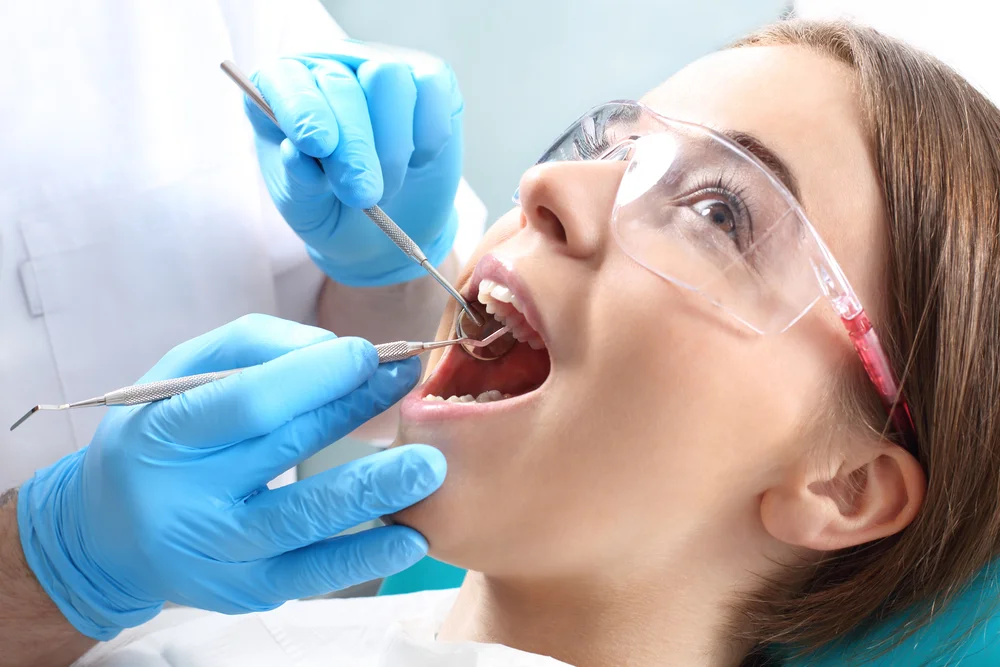Wisdom teeth, also known as third molars, are the last set of molars that typically emerge between the ages of 17 and 25. While some people may experience a smooth transition as these teeth come in, others may encounter a range of symptoms that require attention. Understanding the symptoms of wisdom teeth can empower you to take proactive steps towards maintaining your oral health.
- Pain or Discomfort: One of the most common symptoms of emerging wisdom teeth is pain or discomfort in the back of the mouth. This can result from the pressure of the wisdom teeth pushing against the existing teeth or the gums.
- Swelling and Redness: Inflammation and redness in the gum tissue around the back of the mouth can indicate the presence of wisdom teeth. Swelling may be accompanied by tenderness or sensitivity in the affected area.
- Jaw Pain: Wisdom teeth that are not erupting properly can exert pressure on the surrounding structures, including the jawbone. This can lead to jaw pain, stiffness, or difficulty in opening your mouth fully.
- Bad Breath or Unpleasant Taste: Partially erupted wisdom teeth can create pockets where food particles and bacteria can get trapped, leading to bad breath and an unpleasant taste in your mouth.
- Headaches: Wisdom teeth-related pain and pressure can sometimes extend to the head and result in headaches, especially in the temples or back of the head.
- Swollen Glands: Inflammation around the wisdom teeth can lead to swollen lymph nodes in the neck or jaw area.
- Difficulty Chewing: Wisdom teeth that are not properly aligned can interfere with your bite and make chewing uncomfortable or difficult.
- Cysts or Infections: In some cases, wisdom teeth that are impacted (partially or fully covered by the gum) can lead to the development of cysts or infections in the surrounding tissues.
- Shifting Teeth: Emerging wisdom teeth can exert pressure on the adjacent teeth, causing them to shift and potentially leading to crowding or misalignment.
It’s important to note that not everyone will experience symptoms of wisdom teeth. Regular dental check-ups and X-rays are crucial for monitoring the growth and positioning of your wisdom teeth, even if you’re not currently experiencing discomfort.
If you’re experiencing any of the above symptoms or suspect that your wisdom teeth may be causing issues, it’s advisable to consult with your dentist. A dental professional can assess your oral health, recommend appropriate treatment, and guide you through the best course of action – whether it involves monitoring the situation, wisdom tooth extraction, or other interventions.
In conclusion, understanding the symptoms of wisdom teeth is essential for maintaining your oral health and preventing potential complications. By staying vigilant and seeking professional guidance when necessary, you can ensure that your wisdom teeth journey is a smooth and comfortable one, leading to a lifetime of healthy smiles.


